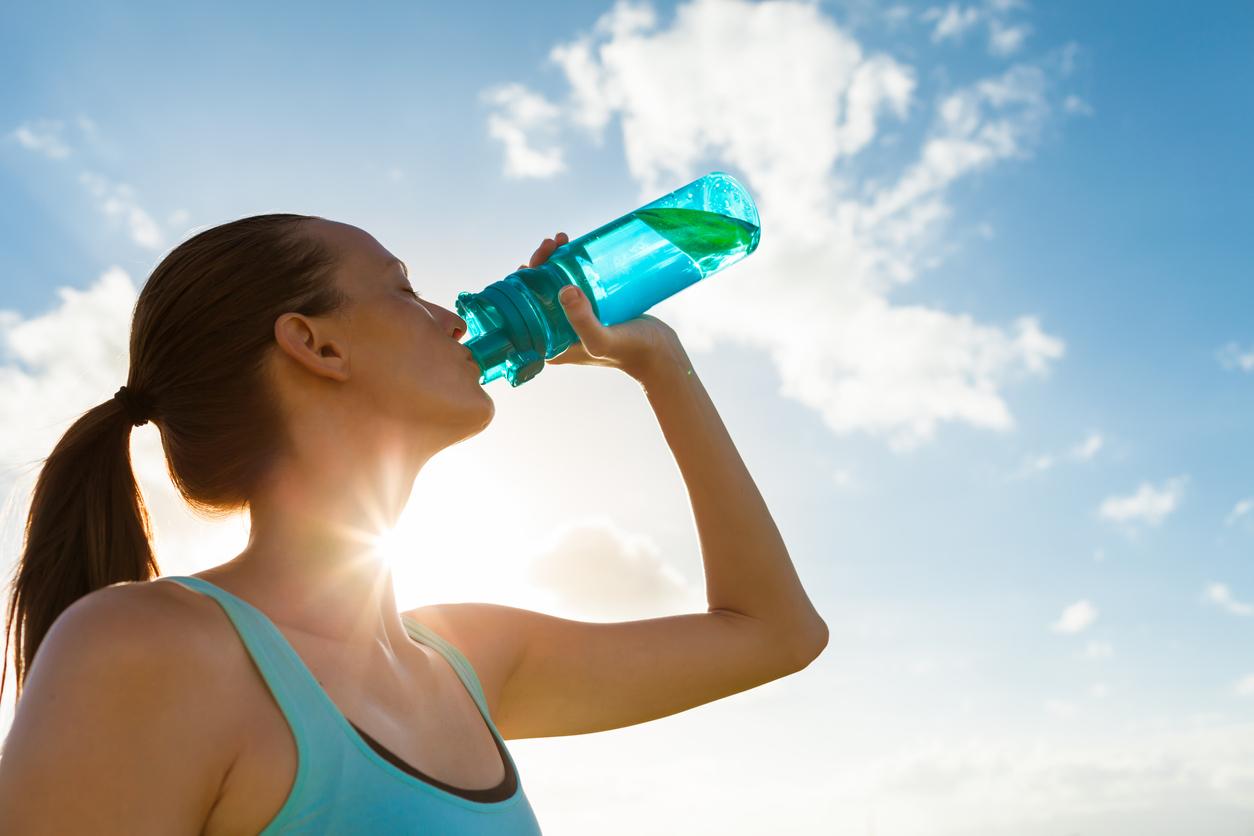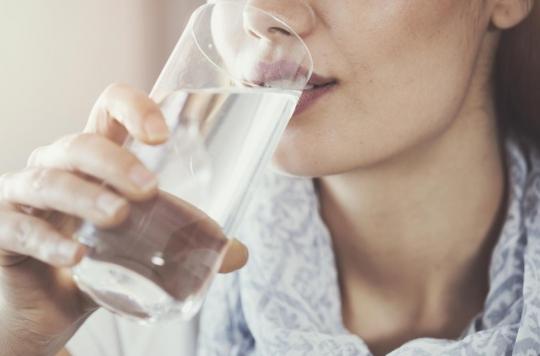
Do you know diabetes insipidus?
On a hot day or after a night out, you probably won’t be surprised if you’re a little thirsty. Although drinking enough is very important, you have no reason to worry. However, thirst can also have a completely different cause. And they are not all equally innocent.
If you are very thirsty, it is also called polydipsia (poly = much, dipsao = thirsty). Often it is accompanied by polyuria, frequent urination.
Some people are simply very thirsty or habitually drink large amounts in a day. This is basically harmless. You just need to watch out for hyponatremia, which is a lack of sodium in the blood.
With diarrhoea, excessive sweating and bleeding you often lose a lot of fluid. With thirst as a result. The same applies to certain conditions. For example, if the kidneys cannot hold back the fluid, you will urinate a lot. So you also need a lot of water.
The following conditions have thirst as a symptom:
1. Diabetes mellitus
Thirst and frequent urination are important symptoms for both type 1 and type 2 diabetes. In diabetic patients who are not treated properly, the blood sugar level is much too high. The kidneys are then no longer able to hold back all the glucose. Some of the glucose in the blood then ends up in the urine. Glucose attracts water and so the kidneys will let through much more fluid than normal. With larger amounts of pee and ultimately also considerable thirst as a result.
2. Diabetes Insipidus
Unlike diabetes mellitus, diabetes insipidus has nothing to do with blood sugar levels. In this condition, the body’s fluid absorption and fluid management mechanisms do not work properly. An antidiuretic hormone (ADH) disorder is responsible for this. ADH is produced in the pituitary gland and works in the kidneys. It ensures that the body retains sufficient moisture. In case of a deficiency of ADH (pituitary disease) or if you are insensitive to ADH (kidney disease), the body gives off too much water in the urine. Not drinking enough can lead to dehydration, which can lead to a high heart rate, low blood pressure and constipation.
3. Hypercalcemia
A too high calcium level in the blood is called hypercalcemia. This is usually the result of a calcium imbalance. Normally, hormones and vitamin D ensure that it is maintained. However, various causes can disrupt the household. The most common is a parathyroid gland that works too quickly. An increased release of parathyroid hormone (PTH) affects the concentration of calcium in your blood. An overdose of vitamin D can also increase calcium levels. A slightly increased amount of calcium in the blood does not cause any complaints, if it is much too high, you may experience thirst as a result of increased urine production.
4. Sjogren’s Syndrome
Sjögren’s syndrome – an autoimmune disease – is a chronic inflammation of the lacrimal and salivary glands. In practice, this often means dry eyes and a dry mouth. And such a dry mouth makes you feel thirsty. In addition, it can lead to chapped lips, cracked corners of the mouth, loss of taste and bad breath. Especially when eating and speaking it causes problems. Sjögren’s syndrome is estimated to affect 1 in 100 to 1 in 500 people. Most patients are women between the ages of 45 and 60.
5. Conn’s Syndrome
In Conn’s syndrome or primary hyperaldosteronism, the adrenal glands make too much of the hormone aldosterone. As a result, the body retains extra salt and water. The result is an increase in blood pressure. The cause is usually a benign tumor or an enlargement of the adrenal glands. The complaints are often general in nature. A lot of thirst and a lot of urination are often part of this.
6. Heatstroke
Is thirst accompanied by glowing skin, sweating, looking pale, headache, dizziness, vomiting, fatigue, feeling faint, confusion, etc.? Then you may have sunstroke. Due to too little fluid in the body, the skin of the trunk, arms and legs is no longer well supplied with blood. They then turn pale and stop sweating. The temperature of the body rises. If this happens in the sun, we speak of sunstroke. The combination of drying out and overheating can be dangerous. It is also called heat stroke.
7. Side Effects of Drugs
Several medicines can have a feeling of thirst as a side effect. Examples are antispasmodics (smooth muscle relaxants), tricyclic antidepressants (TCAs), most antipsychotics, certain drugs for Parkinson’s disease and anticancer drugs (oncolytics, cystostatics. Diuretics, so-called water tablets, can also cause thirst.
















